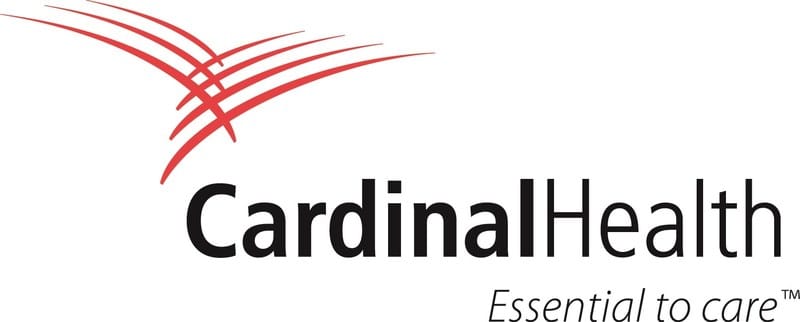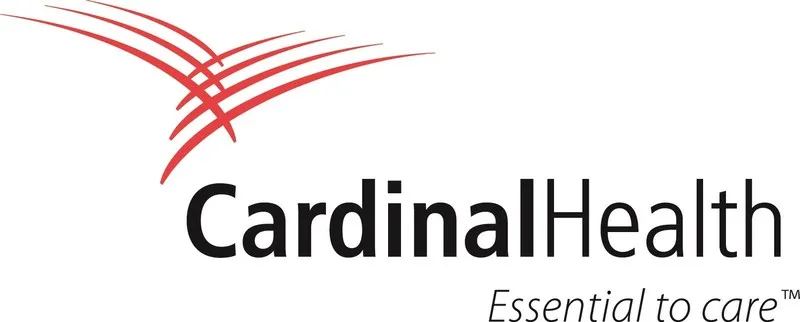DUBLIN, Ohio — One in 10 Americans – or 37.3 million – are living with diabetes, a number that continues to rise annually, according to the Centers for Disease Control & Prevention (CDC). In fact, some research estimates that by the year 2060, one in six American adults will be diagnosed with this chronic condition.

This increased prevalence is shining a brighter spotlight on the need for more accessibility to care that helps improve patient outcomes. During Diabetes Awareness Month this November, we’re highlighting how Cardinal Health at-Home Solutions, a leading provider of home medical supplies serving patients with critical and chronic health conditions across the U.S., is promoting better access to and support for diabetic care for patients and healthcare professionals alike. Much of this work is to ensure that those who need innovative diabetes treatments and therapies can access them.
Advancing new insurance policies for greater access
The CDC reports that members of some racial and ethnic minority groups and those with lower socioeconomic status have higher rates of illness and death from diabetes than white people – and these disparities are not narrowing. The National Institutes of Health also report that, among these minority groups, the elderly are particularly at risk. Several advocacy efforts are underway to encourage government officials to take steps to drive more uniform coverage policies for diabetes technology and supplies that would bring access to life-saving treatments for the underserved. Cardinal Health’s Government Relations team has actively advocated for these changes; learn about recent work here.
In addition, Cardinal Health at-Home Solutions joined hands with the American Association for Homecare’s (AAHomecare) Diabetes Council to provide a space for suppliers within the diabetes care industry to discuss legislative initiatives and advocate for their patients. As members of this Council, Cardinal Health at-Home Solutions President Rob Schlissberg and other business leaders engage with state and federal lawmakers as champions for Medicare patients to demonstrate what it will take to overcome real-life barriers to access.
“With suppliers like Cardinal Health actively involved with the Diabetes Council, I’m hopeful for the improvements we’ll bring to the lives of those affected by diabetes,” said AAHomecare’s President and CEO Tom Ryan.
Some of those improvements are already coming to fruition: Earlier this year, AAHomecare’s Diabetes Council supported a first-of-its-kind policy that removed the requirement for insulin administration frequency, which opened coverage of continuous glucose monitors to more Medicare beneficiaries than ever before. The Diabetes Council has also been involved in state-level grassroots advocacy efforts to ensure diabetic devices and supplies continue to be offered under insurance through the medical benefit. And, it has championed for key policies related to order timeframes and billing which removed existing complex timelines that made it confusing and difficult for patients to refill their supplies orders and maintain continuity of care.
Furthermore, Cardinal Health at-Home Solutions drives educational efforts that are key in improving patient outcomes. In addition to ongoing webinars and educational content being shared with healthcare providers and insurance carriers by the business, Cardinal Health at-Home Solutions leaders also attended the 2023 Association of Diabetes Care & Education Specialists’ annual conference to speak to healthcare providers about breaking down barriers to care with patients living with diabetes.
“There is a need for continued advocacy and educational support to remove ongoing disparities, and everyone involved in the patient’s journey – distributors, manufacturers and healthcare providers – is responsible,” said Schlissberg. “At Cardinal Health, we see the challenges our customers endure daily, and we are deeply committed to advocating for efforts that will allow more diabetic patients the opportunity to benefit from innovations that can not only change lives but save them.”
To learn more about diabetes or to get involved with Diabetes Awareness Month, visit the American Diabetes Association website at Diabetes.org.







